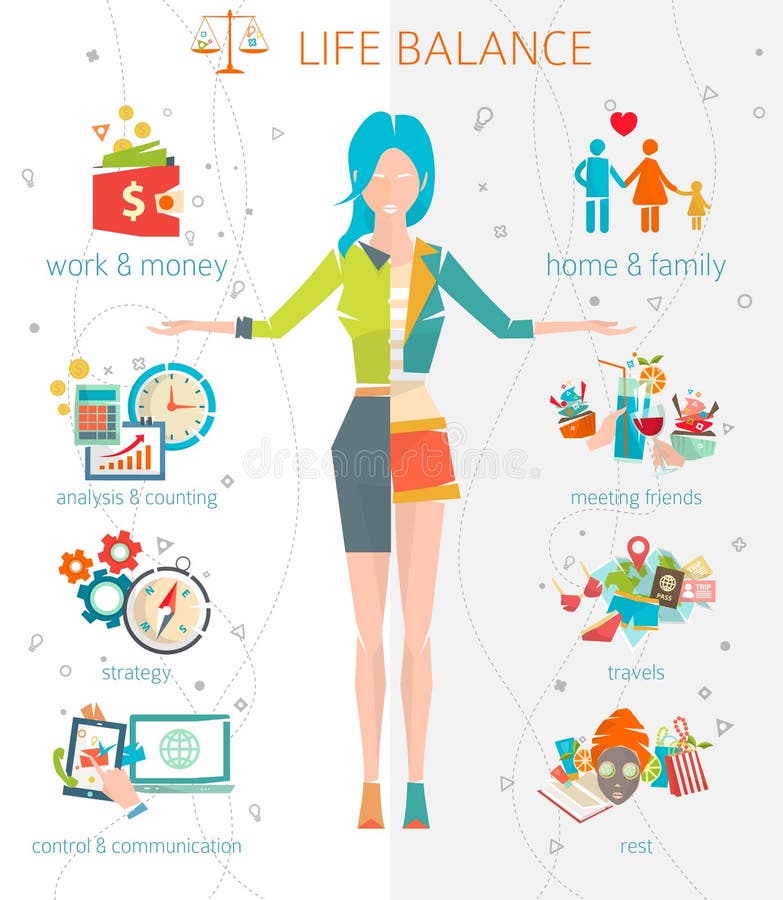
Work Smarter, Live Better: 10 Tips for a Balanced Life
Struggling to juggle work and personal life? These ten practical tips will help you create a healthier, more balanced routine that supports both productivity and well-being. The following may factors affecting employee productivity.
Tip #1 Step away from the email

Earlier this year, a report circulated that a French law banned employees from checking work emails after 6pm. It wasn’t true but fitted with our notion of the French as a nation of slackers favouring long lunches, five-day weekends and plenty of slap and tickle while les rosbifs carried on working through the night.
Tip #2 Just say no
If you’re available 24/7 to your boss’s – with all due respect – increasingly loopy and unremitting demands, and you’re the kind of person who as a result gets overloaded, try harnessing the power of no. Allen advises: “If you tend to say yes without thinking when you’re asked to do something extra, stall. Don’t answer straight away. Say you’ll get back to the person asking, then use that time to think clearly about whether to say yes or no.
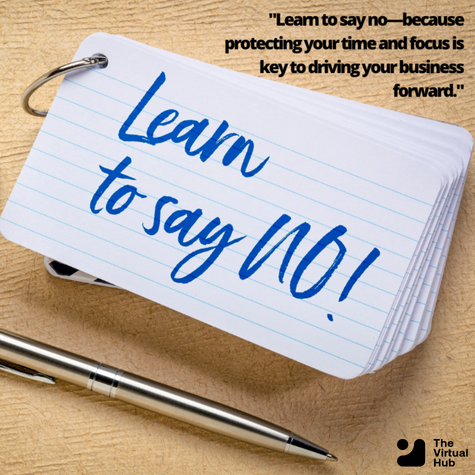
Tip #3 Work smarter, not harder
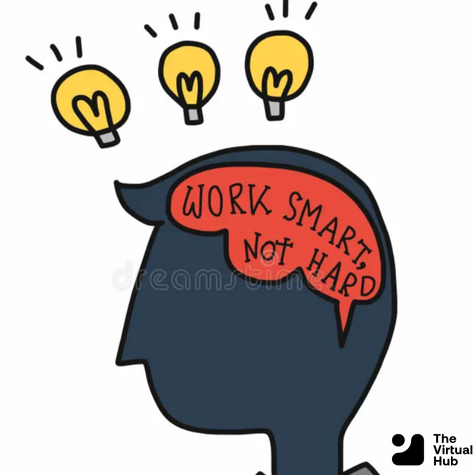
There is a body of opinion that you should work more and sleep less. It often takes Margaret Thatcher as a role model: she only needed four hours sleep and look what she did to the country! These days they call it sleep hacking – training your mind and body to need less sleep. But that trend is all wrong, argues US academic Matt Might in his work-life balance blog.
Tip #4 Leave work at work
Imagine you’re just about to leave your workplace, possibly for cocktails at TGI Fridays, even though it’s actually Tuesday. Before you do, write a note to yourself listing outstanding tasks or any work things that are on your mind. “Then shut the diary, turn off your PC, store your message and leave it.” counsels Allen. “Focus on the image of shutting the diary, saving the message or turning off your PC.”
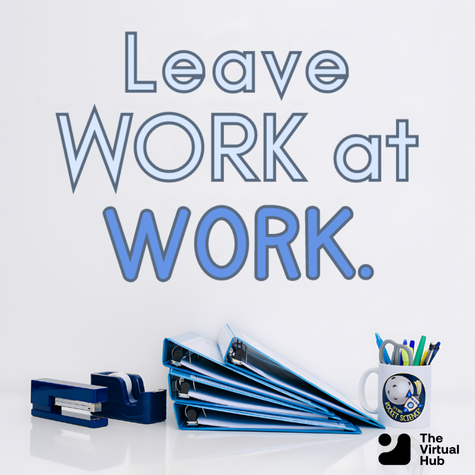
Tip #5 Forget about perfection
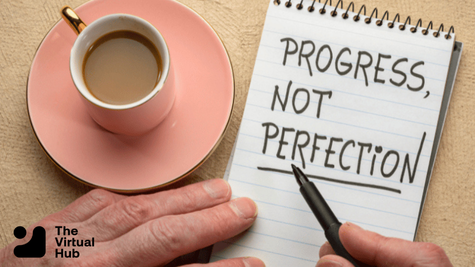
The injunction to put work away for the day sounds fine, but hold on. It’s surely not as simple as that. As you leave work, you realise you haven’t done something as well as you could. You turn on your heel and go back to do it right. Is that so very wrong? “Well,” says Allen, “some people find it very hard to let things go.
Tip #6 Don’t be a martyr
“There is also the tendency I come across where somebody will say, ‘I have to do everything round here,’” says Allen. “To feel like a martyr gives some people a great deal of pleasure – they feel they’re powerful and busy.” And what’s wrong with that? “It’s worth thinking about how infuriating that is for other people.
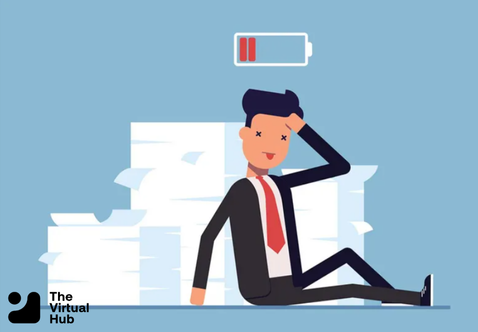
Tip #7 Ease off the adrenaline

Do you need the rush of adrenaline all the time, whether it’s at the gym, in the sack or at the coalface of paid employment? “You really ought to monitor that,” says Allen. “You need to ask yourself how well your life is really going. What happens often is that those hooked on adrenaline hop from one rush to another – from one task to another, from work to gym. What’s that like for your family and friends to be around? Not much fun, especially when you crash – which inevitably you will.”
Tip #8 Think about retirement
“Some people are wedded to work, especially if they’re self-employed,” says Allen. “But I get them to ask themselves: if work is the only thing you do, then what happens if you lose your job or if your business fails? I don’t underestimate the difficulties of putting work back in its box at a time of austerity, but I try to encourage my clients to think of it this way: for most people there will be gaps in employment. What do you do then?
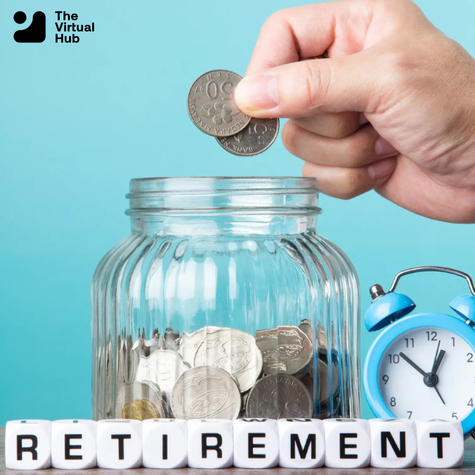
Tip #9 Make ’em wait
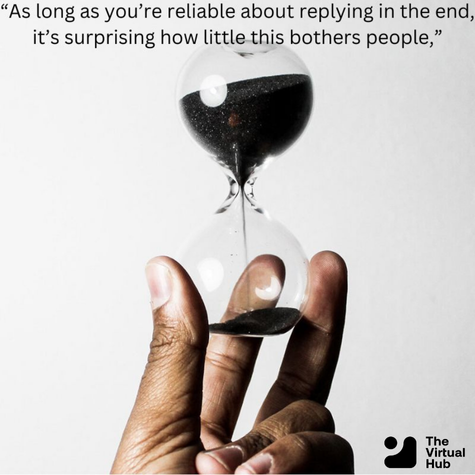
One way to avoid being incessantly available is to make it clear to your colleagues that you will reply to emails within 24 or 48 hours. “As long as you’re reliable about replying in the end, it’s surprising how little this bothers people,” argues Oliver Burkeman, author of Help! How to Become Slightly Happier and Get a Bit More Done.
Tip #10 Set your own rules
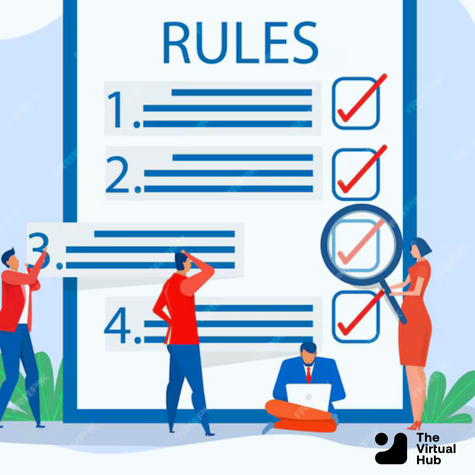
“You really need to find your own work-life balance, probably with the help of others,” says Allen. “The important thing is to ignore the shoulds – the shoulds that comes from other people or from you internalising others’ mindsets. You have to rely on your own intuition.”
Proudly powered by WordPress
